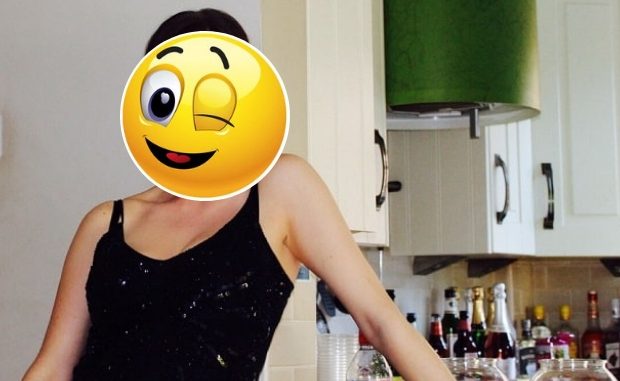
I hate emoticons. They confuse me. I find the English language perfectly adequate for all expressive purposes. Given words are my stock in trade, I’d count myself a failure if I didn’t. Those tiny depictions of some emotion I’m not sure I can understand, nor feel, make me gut-wrenchingly anxious. And yet clearly I’m in the minority – everyone else seems to know exactly when to use the smiley face, the slightly more smiley face, the winky face.
How do you all know which face to pick? Was there a public information campaign I missed? I have tried to join in but trying to pick my way through the subtler complexities of this foreign language leave me feeling inadequate and hostile, like a racist hearing Urdu on a bus. Lordy, I went for 6 of those “crying with laughter” faces when clearly the situation called for 3 winkies and a kiss blowing face, and now my social life is in tatters and I can never leave the house again, nor indeed be trusted near a keyboard.
Like this thing. ???? What in God’s good name am I meant to glean from that? Presumably it means something like – I am entirely indifferent and unmoved by all our previous conversation. Whatever warmth or interest you’ve felt emanating from my quarter, consider it void.
How is one meant to respond? Or if not respond – for what response could possibly be appropriate – not take it personally? Matthew Munson – yeah, let’s all talk about him now he’s gone, not like he can answer back – always ends our every online conversation with that bored looking visage, its mocking, luminous features haunted by crippling ennui. Leaves me fretting for days. Presumably it’s meant to mean something like gotcha, understood, goodbye. Isn’t it? Please tell me it is.
The poet Jonathan Terranova also ends his every interaction with that same passive-aggressive grimace, and he has every word and then some at his disposal. His latest collection is called The Death of Marlon Brando, and it presents Kentish life and cityscapes with rueful affection and effortless eloquence. But what do I get from him? A yellow cartoon blob. Even when he’s begging me to plug his work in The Isle of Thanet News, which, if only he’d articulated in sentences rather than hieroglyphics, I might have considered. For cash. Maybe next time Jonathan.
And those six different options for responding to Facebook posts unnerve me too. Aren’t we all likely to forget there’s any other response to information beyond like, love, sad, amused, angry, surprised? What about indifference, contempt, schaudenfraude? Or, I’m sick with jealousy over your tiny triumph, but aware I have to look publicly pleased for you?
Where’s the emoticon for – look, I’m basically dead on the inside, I’ve felt nothing beyond infinite self-pity since my teens, but hey, we all know your boyfriend’s cheating, Maureen, so fine, I’ll ‘love’ your blurred, inadequate picture of your ugly cat. Happy now? Does the clearly feigned love of a casual acquaintance provide a brief substitute for the real thing? I do wish I could be so easily satisfied.
I’m starting to see the value of the emoticon. Words can get you in way too much trouble; give too much away, however you try to use them to obfuscate and conceal. Why be open about your feelings when you can merely hint at them with a little symbol? How very British. Like leaving kisses at the end of every message, which is also a peculiarly British phenomenon, baffling to Europeans and Americans alike. I send kisses to people for whom I would cross cities, nay continents, barefoot and bleeding, to avoid. I suppose emojis are just another kind of deception, brighter and brasher than words, easier to hide behind.
But if we lose the ability to express ourselves truthfully, subtly, might we not also grow deaf to our actual feelings, and their subtle, insistent truth?
(Ed’s note: ???? )

